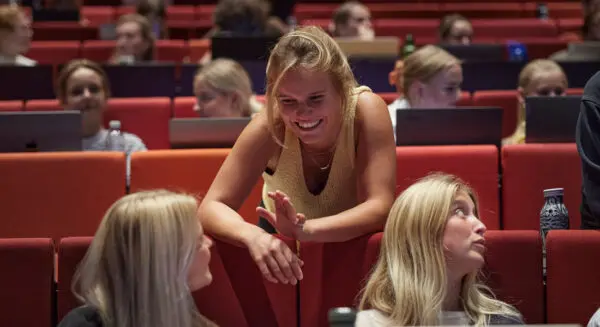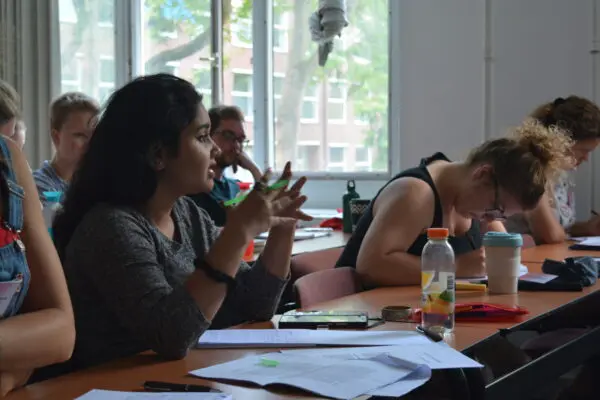
Copenhagen, Denmark
Practical Financial Optimization
When:
04 August - 29 August 2025
Credits:
7.5 EC
Read more
Economics
When:
22 June - 10 July 2020
School:
Institution:
London School of Economics and Political Science
City:
Country:
Language:
English
Credits:
4 EC
Fee:
2500 GBP

The course introduces the students to a broad set of computational methods used by economists. The approach is hands-on: start with an economic problem, select an appropriate numerical technique for analysing it, apply the technique to the problem, and present your findings. The programming language of choice is Python.
Although the numerical techniques should be those indicated in the Programme Structure, the economic topics may be adapted to the interest of the audience, and the aim is to have economic examples also when presenting the basics of Python. For example, the programming concept of recursion and for loops can be illustrated with the Solow growth model; linear quadratic programming can be developed while talking about dynamic monopoly with durable goods, or a Stackelberg game.
Computational techniques are illustrated in lectures along with the economic models, and complemented with guided exercises during the classes.
Please note that due to the nature of this course content, every student will need to bring their own laptop to each lecture and class.
Programme structure:
a. Introduction to Python and scientific computing
b. Economic Applications
1. Microeconomics
2. Macroeconomics
Specific topics include:
- Python basics
- Scientific computing with Python
- Github basics
- Demand and supply: solving systems of linear equations
- Labour market flows: Markov chains
- Residential segregation: Schelling model and agent-based economics
- Cournot oligopoly with non-linear demand: solving non-linear equations
- Consumer and producer surplus: numerical integration
- Consumption and savings: constrained optimization
- The permanent income model: Linear quadratic dynamic programming
- Economic growth and business cycles: deterministic and stochastic dynamic programming.
Dr Antonio Mele
Undergraduate and graduate students
Prerequisites: Intermediate microeconomics and macroeconomics, knowledge of multivariate calculus and linear algebra.
After successfully completing the course, students will be able to:
- Command the basics of Python for scientific computing
- Establish a computational strategy to solve an economic model
- Use visualization techniques for presenting computational findings
- Master numerical methods for economic analysis
- Have a working knowledge of the Github platform.
Fee
2500 GBP, Discounts apply when booking multiple courses. LSE Summer School runs three sessions during the summer, and students can book one course per session. Save 32% on your second course and 68% on your third course when booking.
When:
22 June - 10 July 2020
School:
Institution:
London School of Economics and Political Science
Language:
English
Credits:
4 EC

Copenhagen, Denmark
When:
04 August - 29 August 2025
Credits:
7.5 EC
Read more

Vienna, Austria
When:
14 July - 01 August 2025
Credits:
5 EC
Read more

Groningen, Netherlands
When:
07 July - 11 July 2025
Credits:
1.5 EC
Read more